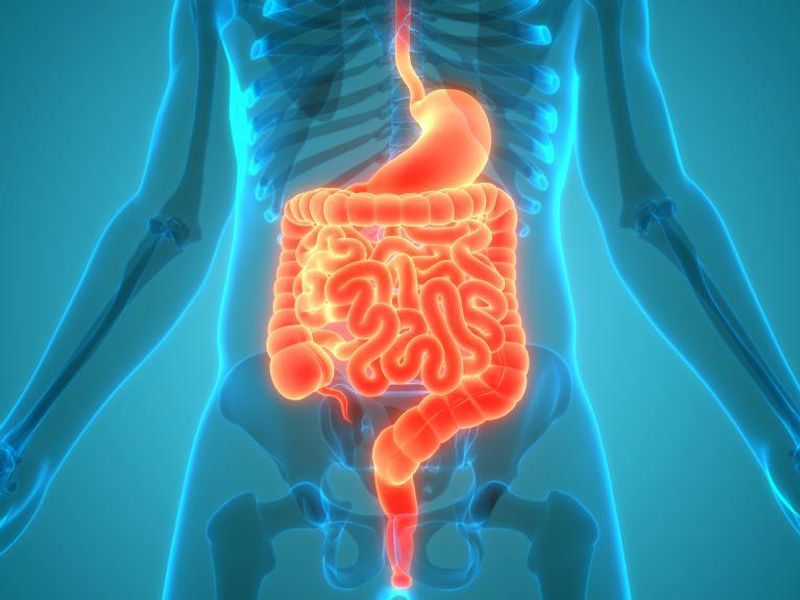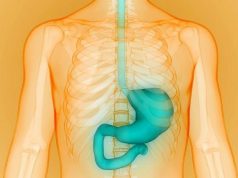Higher levels of Ruminococcus gnavus, Bacteroides vulgatus, lower levels of Faecalibacterium prausnitzii observed in patients with PACS
THURSDAY, Jan. 27, 2022 (HealthDay News) — Patients with postacute COVID-19 syndrome (PACS) have alterations in the gut microbiome, according to a study published online Jan. 25 in Gut.
Qin Liu, from the Chinese University of Hong Kong, and colleagues conducted a prospective study of 106 patients with a spectrum of COVID-19 severity followed from admission to six months and 68 controls without COVID-19. Serial fecal microbiome of 258 samples was analyzed using shotgun metagenomics sequencing.
The researchers found that 76 percent of patients had PACS at six months, with fatigue, poor memory, and hair loss being the most common symptoms. Gut microbiota composition at admission was associated with PACS; the microbiome profile at six months was comparable for patients without PACS and non-COVID-19 controls. Patients with PACS had a gut microbiome characterized by higher levels of Ruminococcus gnavus and Bacteroides vulgatus and lower levels of Faecalibacterium prausnitzii. There was a correlation observed for persistent respiratory symptoms with opportunistic gut pathogens, while neuropsychiatric symptoms and fatigue were correlated with nosocomial gut pathogens, such as Clostridium innocuum and Actinomyces naeslundii. The largest inverse correlations with PACS at six months were seen for butyrate-producing bacteria, including Bifidobacterium pseudocatenulatum and Faecalibacterium prausnitzii.
“Altered gut microbiome composition is strongly associated with persistent symptoms in patients with COVID-19 up to six months after clearance of SARS-CoV-2 virus,” the authors write. “Our findings are a strong impetus for consideration of microbiota modulation to facilitate timely recovery and reduce the burden of postacute COVID-19 syndrome.”
Copyright © 2021 HealthDay. All rights reserved.








